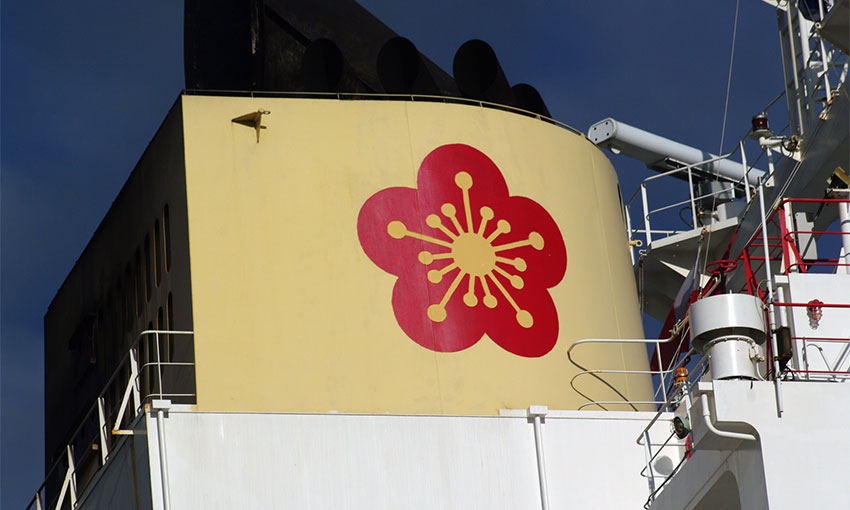HONG Kong’s Orient Overseas Container Line has become the latest carrier to reveal the quantum of the 2023 downturn in freight rates, revenues and profitability.
Parent company OOIL, controlled by China’s COSCO, unveiled its annual results last night [21 March] and reported its Container Transport & Logistics business made an operating profit of US$1,406 million in 2023, compared to $10,079 million in 2022. Group revenue was $8.344 million (2022: $19,820 million). Earning per ordinary share in 2023 was $2.07, whereas earning per ordinary share in 2022 was $15.09.
OOCL carried more containers in 2023 – 7,338,000 TEU v. 7,129,000 in 2022 – with increased loadable capacity (9,021,000 v. 8,354,000 TEU), the latter in part due to the delivery during the year of seven 24,188 TEU newbuildings.
In commentary, the company said the exceptionally robust container shipping market that was witnessed during the pandemic “is now far behind us, and we returned to a rather normal yet uncertain year 2023.
“The cargo demand recovery was not as strong as many anticipated, affected by high inflation, slowdown in economic growth of advanced economies, as well as the consumer spending patterns shifting in the post-pandemic.
“As carriers’ schedule became more reliable, retailers opted towards a just-in-time approach when restocking, thereby delaying demand to a certain extent. On the supply side, with the alleviation of bottlenecks, and the continuous delivery of new ships, the change in supply has undoubtedly exceeded in demand and the continuous decline of freight rates.
Cooperation with fellow members of the COSCO SHIPPING Group and alliances helped to further expand OOIL’s network, strengthen cost management capabilities, and contributed to the Group in increasing revenue and reducing expenditure, the company said: “We believe the advantages of Dual Brand will continue to beneficial to the Group’s future development.”
“Looking ahead, the shipping market remains uncertain. The global economy seems to be recovering, but the pace may be slow and with uncertainties; interest rates on the other hand seem to have peaked, but remain hovering at high levels; the 2M alliance will be terminated, Gemini Corporation emerged, and Ocean Alliance announced further extension; geopolitical tensions and new environmental regulations, including the EU carbon tax, etc., have posed challenges to the entire supply chain. There is no doubt that all these will have a long-lasting impact on the future development of the shipping market.
“Since the beginning of 2024, the situation in the Red Sea is still one of the key factors affecting the container shipping market. With the tension in the Red Sea not being relieved, shipping companies will continue to navigate through the Cape of Good Hope in the coming months. In combination with the traditional peak season prior to Chinese New Year, freight rates have risen even more,” the company said.
“However, the current supply chain tension is caused by the re-routing of vessels, which is quite different compared to the spike in demand, inadequate supply, and interruption of the supply chain during pandemic period between 2020 and 2022. It is difficult to predict what the changeable trend would be. What is obvious is that the container shipping market is highly susceptible to any form of major disruption; and the complete effect will not be seen until the original balance is restored or a new equilibrium is found.”




